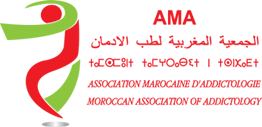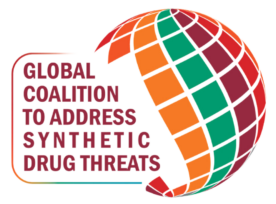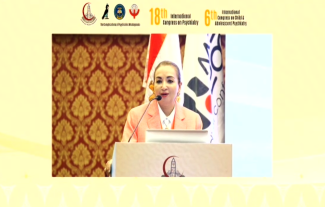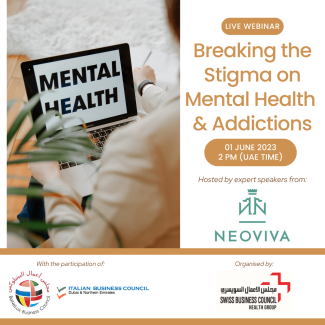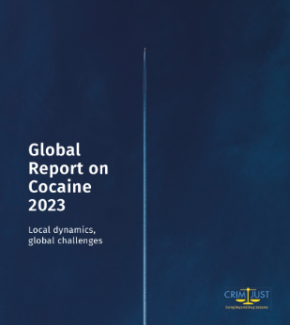Recovery: The Many Paths to Wellness (Chapter 5 from Facing Addiction in America)

The Many Paths to Wellness: Explore Chapter 5 in "Facing Addiction in America: The Surgeon General's Report on Alcohol, Drugs, and Health," which defines the concept of recovery from substance use disorders and reviews methods used by mutual aid groups and recovery support services to foster and sustain recovery. Understand why recovery matters and the diverse paths to wellness.


